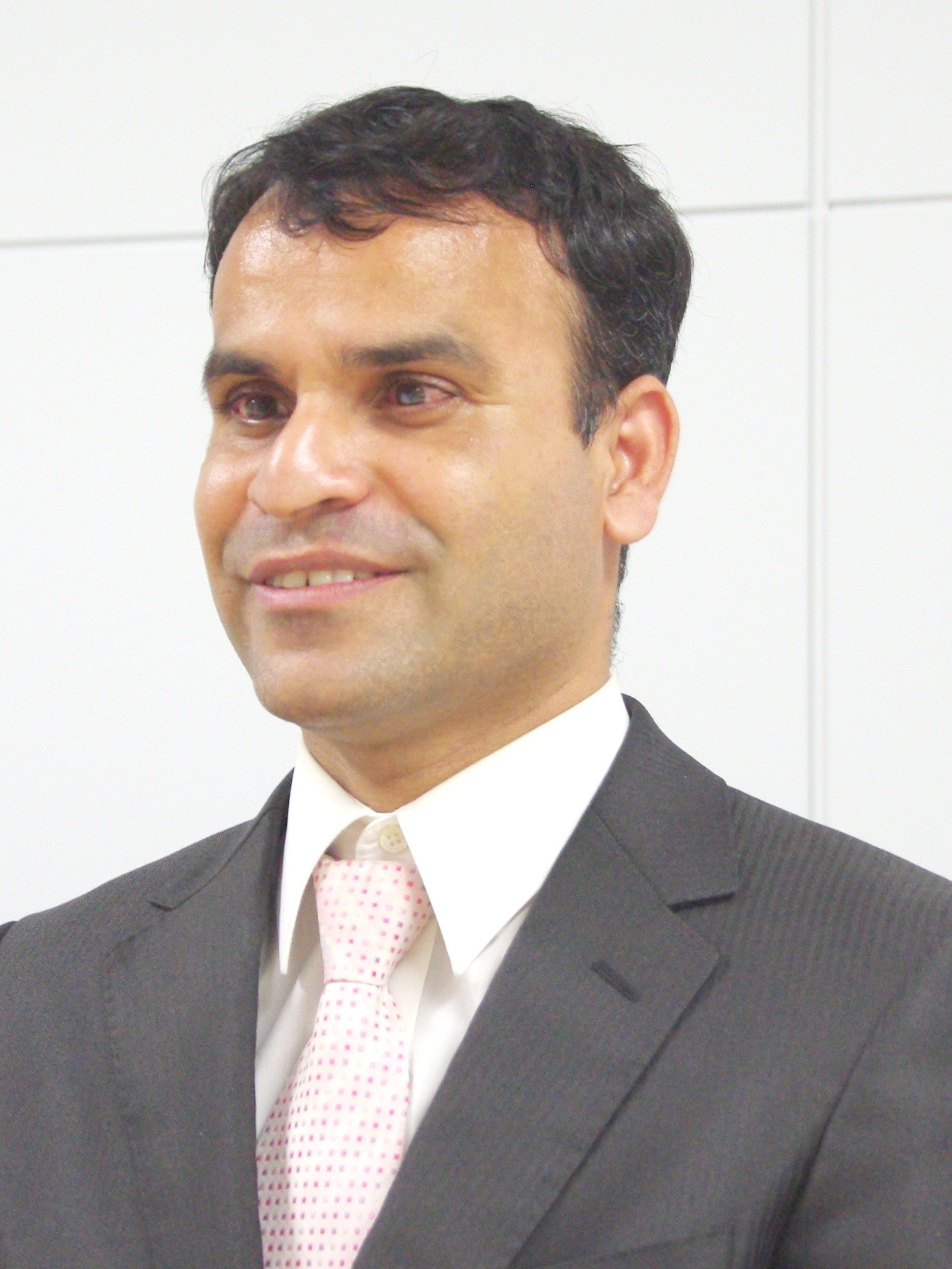JICA-RI Researcher Gives a Speech at the Conference on Disability in Finland
2013.06.14
On May 30-31, the Nordic Network on Disability Research (NNDR) hosted the 12th NNDR biannual Conference in Turku of Finland. Researchers, policy makers and practitioners from Nordic countries and abroad participated in the program. More than 200 paper and poster presentations covered societal, cultural, historical, and development dimensions in disability studies research. Dr. Kamal Lamichhane, Research Fellow from JICA-RI, presented his paper on the need to make the labor market inclusive to people with disabilities.
Presenting the Nepalese case as one of the models for inclusive employment, Lamichhane emphasized the need to create jobs and make the labor market more inclusive to people with disabilities in his presentation entitled “Teaching in mainstream schools by teachers with visual impairments: Model for inclusive employment.”

Dr. Lamichhane
Lamichhane explained that in Nepal, majority of the educated individuals with visual impairments engage in teaching profession and teach students without disabilities in local mainstream schools. He further stated that with the global tendency of limited occupational choices for people with disabilities, nearly 41 percent of survey participants with visual impairments work as teachers in mainstream schools. It is estimated that there are approximately 1000 individuals with visual impairments holding a university degree in Nepal. He regards the involvement of persons with visual impairments in teaching in mainstream schools as unprecedentedly high, and very encouraging.
According to Lamichhane, the increasing number of visually impaired teachers might be attributed first to the collective lobbying effort of educated individuals with visual impairments after the restoration of democracy in 1989 and secondly to the demonstration of effective teaching skills by these individuals upon appointment as subject teachers in mainstream schools.
Furthermore, his another survey of over 3000 students from various mainstream schools found no significant difference in the teaching by both teachers with and without visual impairments, concluding that individuals with visual impairments can teach as subject teachers in local mainstream schools. Based on his empirical works, he pointed out, “Policies of hiring visually impaired individuals in mainstream schools not only make them economically independent, but also help make the labor market more inclusive for all.” He also stressed that policies promoting the inclusive participation of people with disabilities in social and economic activities are instrumental in changing the negative mindsets of people, toward a greater acceptance of people with disabilities.
Lamichhane’s findings in this conference are part of JICA-RI’s current project on “Evidence-based Analysis for Post-2015 Development Strategies,” as an emerging agenda for post-2015 development goals.

事業事前評価表(地球規模課題対応国際科学技術協力(SATREPS)).国際協力機構 地球環境部 . 防災第一チーム. 1.案件名.国 名: フィリピン共和国.

事業事前評価表(地球規模課題対応国際科学技術協力(SATREPS)).国際協力機構 地球環境部 . 防災第一チーム. 1.案件名.国 名: フィリピン共和国.

事業事前評価表(地球規模課題対応国際科学技術協力(SATREPS)).国際協力機構 地球環境部 . 防災第一チーム. 1.案件名.国 名: フィリピン共和国.

事業事前評価表(地球規模課題対応国際科学技術協力(SATREPS)).国際協力機構 地球環境部 . 防災第一チーム. 1.案件名.国 名: フィリピン共和国.

事業事前評価表(地球規模課題対応国際科学技術協力(SATREPS)).国際協力機構 地球環境部 . 防災第一チーム. 1.案件名.国 名: フィリピン共和国.
scroll